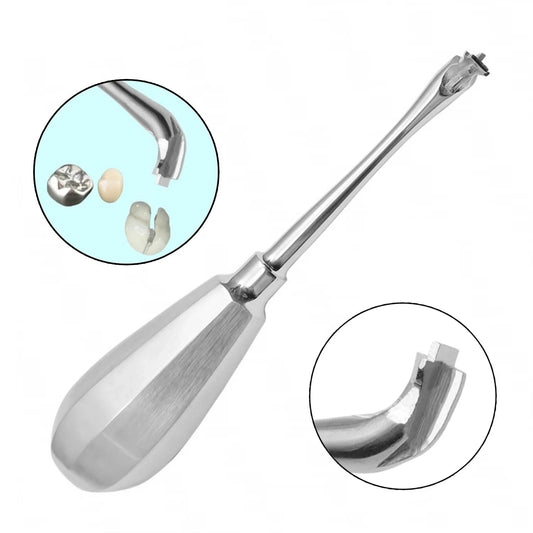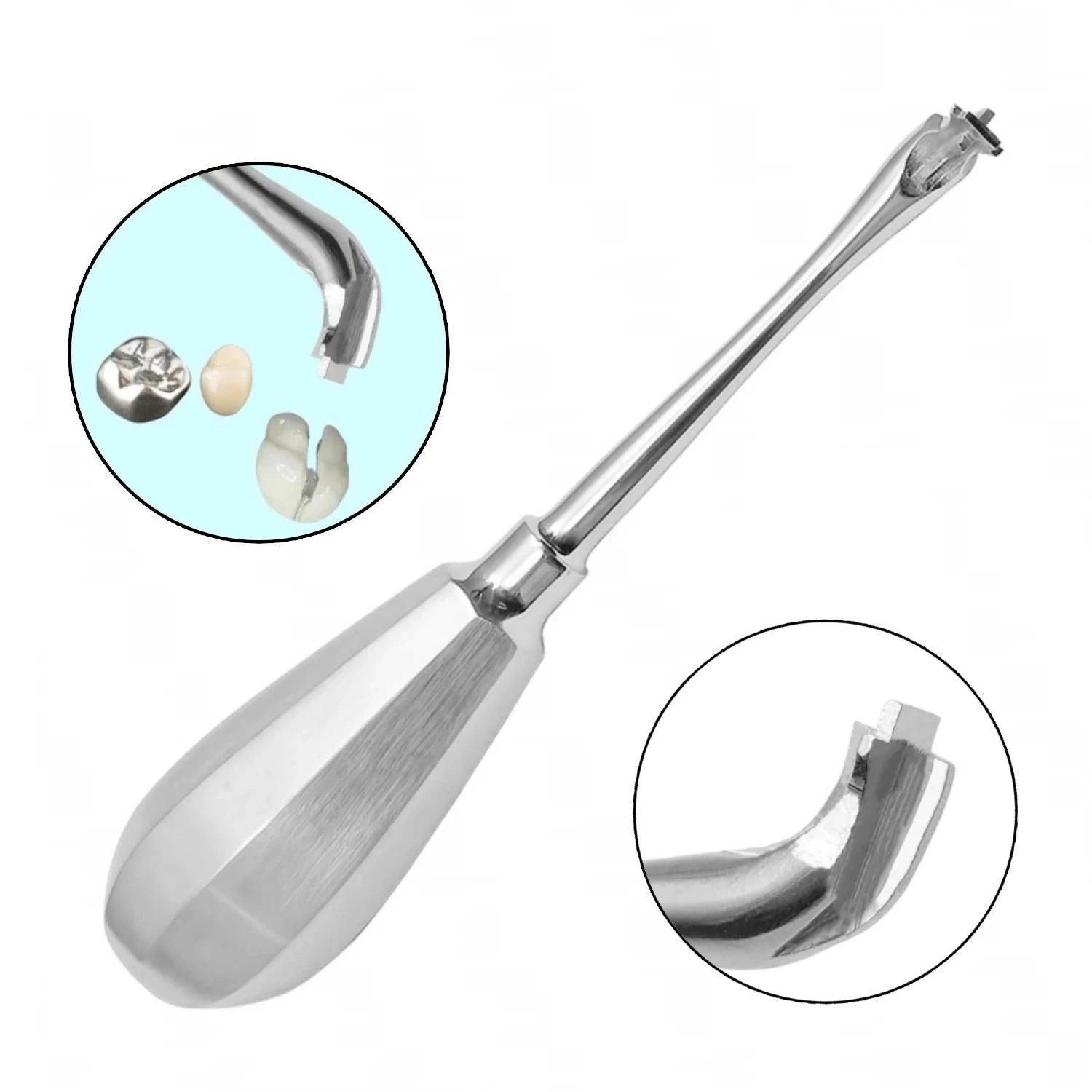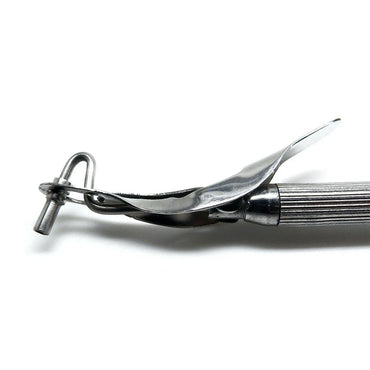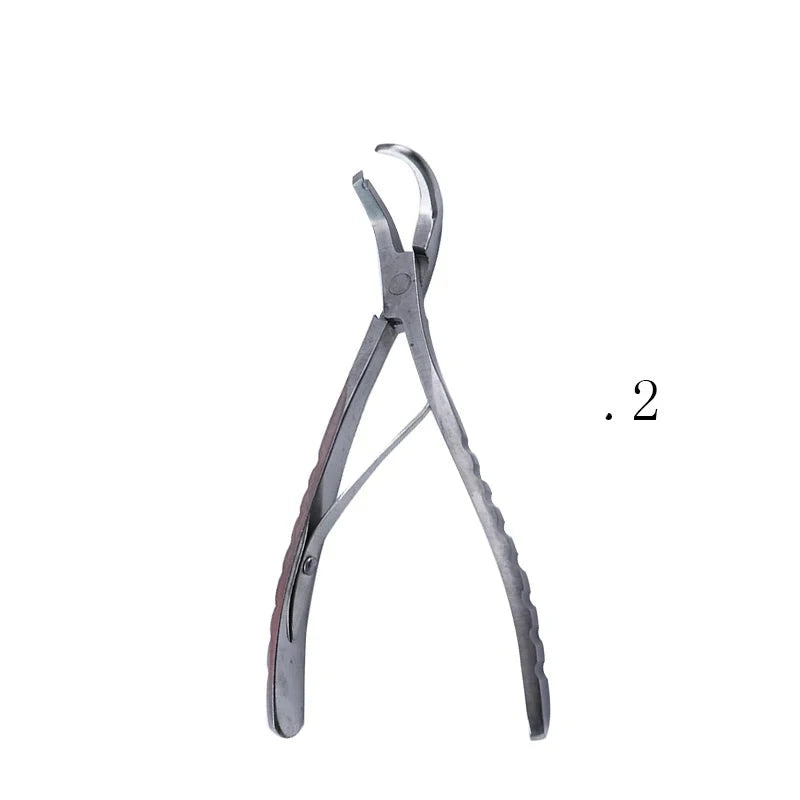Dental insurance is meant to provide a safety net for individuals seeking oral healthcare, offering financial assistance for necessary treatments and procedures. However, a growing concern within the dental community is the apparent failure of dental insurance to adequately compensate dental providers. This blog post explores the key reasons behind this issue and sheds light on the challenges faced by both dental professionals and patients.
Outdated Fee Structures:
Limitations on Covered Procedures:
Dental insurance plans often come with limitations on covered procedures, excluding certain treatments or capping the reimbursement amount. This can lead to a significant financial burden on both the patient and the dental provider, especially when dealing with complex or specialized treatments that are not fully covered.
Claim Denials and Lengthy Approval Processes:
Dental providers frequently encounter claim denials and lengthy approval processes when dealing with insurance companies. The bureaucratic hurdles can result in delayed payments or even outright denials, leaving dental professionals with the burden of unpaid services. This can strain relationships between providers and insurers and hinder the delivery of timely and efficient dental care.
Low Reimbursement Rates:
In an effort to control costs, dental insurance companies often negotiate low reimbursement rates with providers. This can be especially challenging for smaller dental practices that may lack the negotiating power of larger institutions. The low reimbursement rates contribute to the overall financial strain on dental providers, impacting their ability to invest in modern equipment, continuing education, and quality patient care.
Lack of Coverage for Preventive Care:
Dental insurance plans sometimes prioritize coverage for reactive treatments over preventive care. This approach can lead to delayed or neglected preventive measures, ultimately resulting in more extensive and costly procedures down the line. The failure to prioritize preventive care contributes to the overall strain on dental providers and compromises the long-term oral health of patients.
The challenges faced by dental providers in receiving fair compensation from insurance companies highlight the need for a reevaluation of the current dental insurance landscape. Dealing with dental insurance companies that fail to adequately compensate dental providers can be challenging, but there are proactive steps that dental professionals can take to address these issues.
Here are some strategies:
Understand the Contract and Fee Schedule:
Effective Communication:
Documentation and Accurate Billing:
Appeal Denied Claims:
Negotiate Reimbursement Rates:
Join Professional Networks and Associations:
Educate Patients:
Consider Diversifying Revenue Streams:
Stay Informed About Changes:
Legal Advice:
Remember that persistence, clear communication, and a proactive approach are key when dealing with dental insurance companies. Addressing outdated fee structures, expanding coverage for necessary procedures, streamlining approval processes, and ensuring fair reimbursement rates are crucial steps in creating a system that benefits both dental professionals and their patients. As the conversation around healthcare reform continues, it is essential to shine a light on the shortcomings within dental insurance - to pave the way for a more sustainable and equitable future for oral healthcare.


























